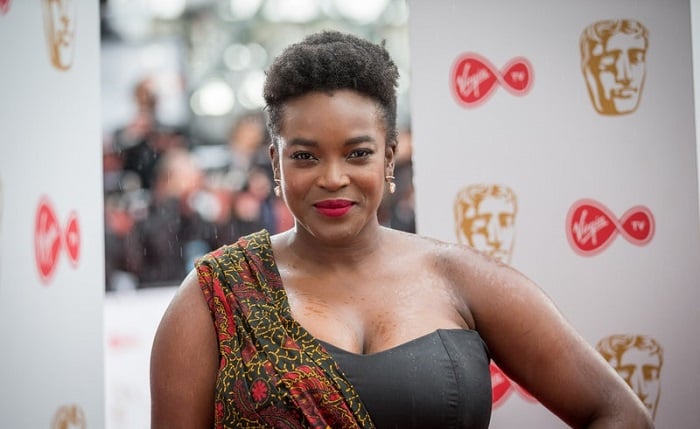Wunmi, the widow of the late Nigerian singer Mohbad, has recently found herself at the center of speculation regarding her alleged pregnancy. The rumors emerged after a discussion on social media, particularly during a segment on media personality Baba Latisneh’s TikTok, which ignited widespread debate and controversy online. As investigations continue into the tragic circumstances surrounding her husband’s untimely death, these rumors have elicited mixed reactions from the public. Some fans have voiced concerns about Wunmi’s fidelity to Mohbad’s memory, implying that she might be moving on too quickly, while others have criticized her for potentially overshadowing her late husband’s legacy.
The chatter around Wunmi’s supposed pregnancy reflects the intense scrutiny public figures often endure following personal tragedies. The invasive nature of these rumors raises questions about the appropriateness of societal expectations regarding mourning and moving forward. For many who admired Mohbad, the idea of Wunmi starting a new chapter seems jarring so soon after such a significant loss. Fans and followers are often reluctant to let go of a beloved figure, and in that process, they can unintentionally impose their sentiments onto family members and loved ones left behind.
In her response, Wunmi opted to take a stand against the criticism and speculation by addressing her followers directly on Instagram. She shared a poignant message stating, “I am way more interested in how my life feels to me than how it looks to others.” This declaration is more than just a public statement; it encapsulates her determination to prioritize her own emotional health and personal journey over societal expectations. By sharing her thoughts, Wunmi seeks to assert her independence and, importantly, her right to navigate her grief and healing on her terms, free from external judgment.
Wunmi’s decision to address the rumors publicly also signifies a broader commentary on the societal pressures faced by widows and those grieving in the limelight. In many cases, individuals mourning the loss of partners or loved ones often feel compelled to meet the emotional expectations of their extended community. The pressure to conform to norms surrounding grieving can be particularly burdensome when the individual is in a public eye. Wunmi’s candidness stands out as a reminder that healing is a deeply personal process, which shouldn’t be subjected to public scrutiny or evaluation.
As the discussion continues to unfold, it raises vital questions about the media’s role in shaping narratives around personal lives. The sensationalism often seen in social media discussions can amplify misunderstandings and perpetuate false narratives. Wunmi’s experience highlights how quickly rumors can spiral out of control, leading to a toxic combination of speculation, judgment, and distorted perceptions. This scenario serves not only as a personal challenge for Wunmi but also highlights a significant societal concern about the treatment of individuals mourning the loss of loved ones, especially in the age of social media.
Ultimately, Wunmi’s situation illustrates the delicate balance between a public persona and private grief. By openly addressing the rumors surrounding her alleged pregnancy, Wunmi promotes self-care and personal authenticity in the face of societal pressures. Her assertive approach serves as an empowering message to others facing similar situations, underscoring the importance of prioritizing one’s emotional wellbeing over public opinion. In navigating her grief and rumors, Wunmi’s journey invites reflection on how society engages with narratives of loss, reminding us all of the need for compassion and understanding in the face of personal tragedy.














